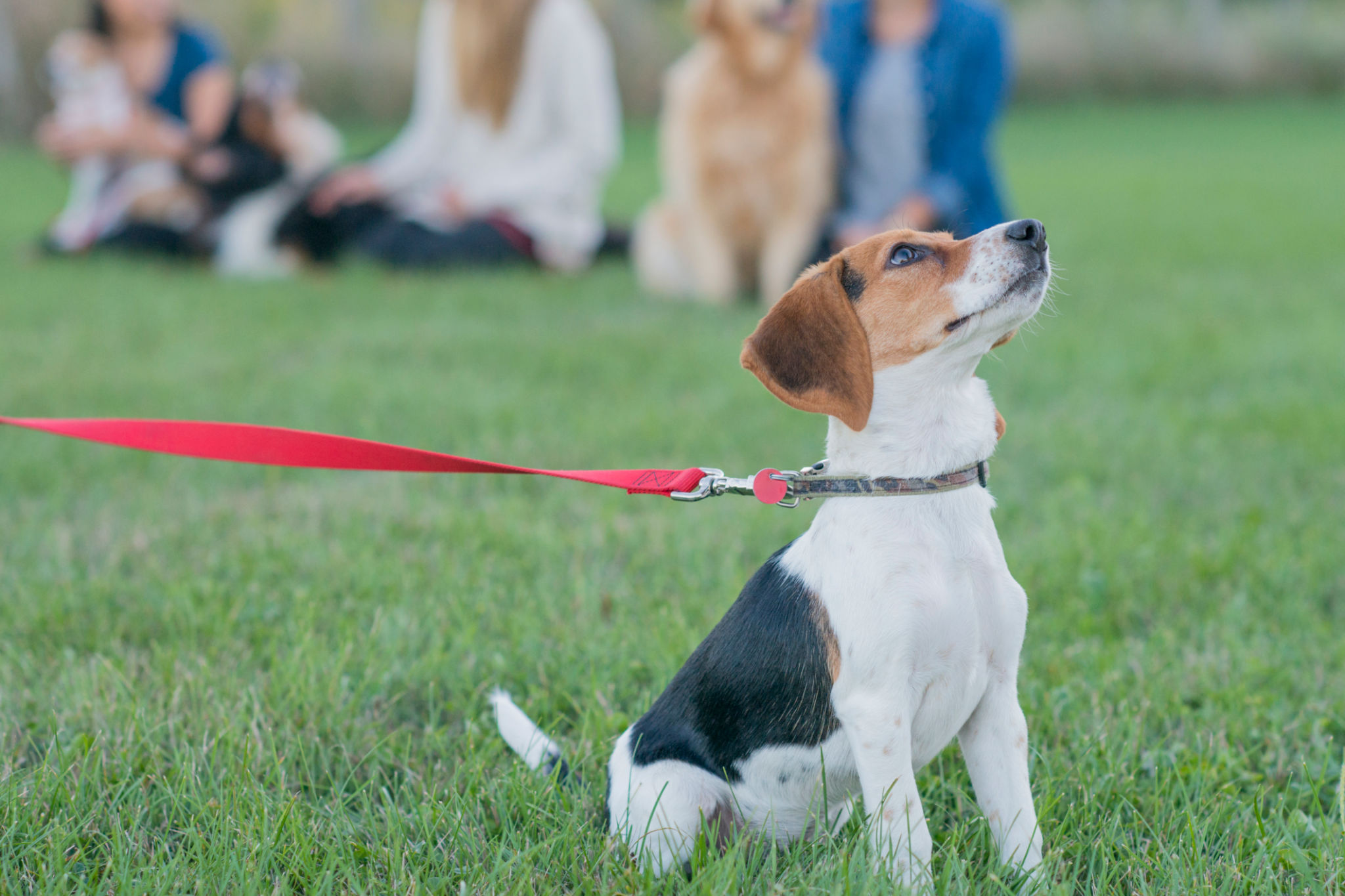The Ultimate Yorkie Puppy Training Guide: Tips for Success
Understanding Yorkie Behavior
Yorkshire Terriers, affectionately known as Yorkies, are a small but spirited breed. Their bold personalities often make them seem larger than life. Understanding their behavior is essential for successful training. Yorkies are intelligent, curious, and can sometimes be a bit stubborn, which is why patience and consistency are key in training.
Yorkies thrive on attention and can become quite attached to their owners. This closeness can lead to separation anxiety if not managed properly. It’s important to help them feel secure even when you’re not around, which can be achieved through gradual desensitization.

Basic Obedience Training
The foundation of any successful training program is basic obedience. Start with simple commands like sitting, staying, and coming. Use positive reinforcement techniques such as treats and praise to encourage good behavior. Remember, Yorkies respond better to encouragement rather than harsh discipline.
When teaching commands, maintain short and fun sessions to keep your Yorkie engaged. Their attention spans are relatively short, so keeping lessons brief yet consistent will yield the best results.
Housebreaking Your Yorkie
Housebreaking is often one of the first challenges new Yorkie owners face. Due to their small size, they can sometimes be difficult to train in this area. Establish a routine and take your puppy outside frequently, especially after meals and naps. Be sure to reward them immediately after they successfully relieve themselves outside.

Accidents are inevitable at first, so patience is crucial. Avoid scolding your Yorkie for mishaps as this can create anxiety and hinder the learning process. Instead, focus on reinforcing positive behavior.
Socializing Your Yorkie
Socialization is vital for Yorkies to develop into well-rounded adults. Introduce your puppy to a variety of people, environments, and other animals in a controlled and positive manner. This exposure helps prevent fearfulness and aggression later in life.
Organize playdates with other dogs or enroll in puppy socialization classes where your Yorkie can learn how to interact appropriately with others. These experiences will also build their confidence and adaptability.

Addressing Behavioral Issues
Despite your best efforts, behavioral issues may arise. Common problems include excessive barking and nipping. For barking, identify triggers and work on desensitization techniques or redirect their attention with toys or games.
If nipping becomes an issue, teach your Yorkie bite inhibition by yelping softly when they nip too hard and then ignoring them briefly. This mimics how their littermates would react and helps them understand boundaries.
Consistency is Key
The most important element in training a Yorkie—or any dog—is consistency. Ensure that everyone in your household follows the same rules and training methods to prevent confusion for your puppy. Consistent routines provide structure and make learning easier for your Yorkie.
Remember, every puppy is unique, and training may take time. Celebrate small victories along the way and enjoy the process of watching your Yorkie grow into a well-behaved companion.
